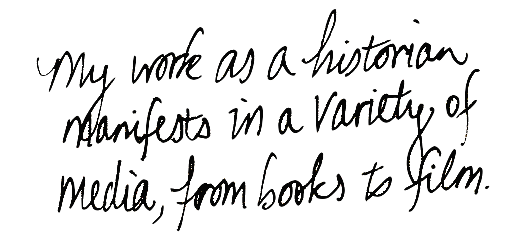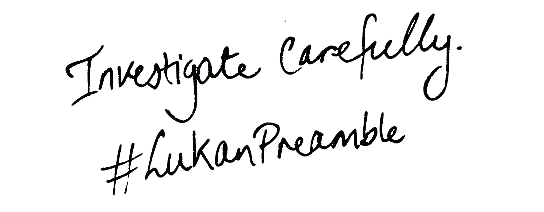
The resignation of D.C. Schools Chancellor Michelle Rhee puts a spotlight on political tensions surrounding America’s public school system.
Washington, D.C. Schools Chancellor Michelle Rhee resigned earlier this week in the midst of increasing political tension over public education. After three years of ruthlessly cleaning out D.C. schools, Rhee met her fate when her appointer, Mayor Adrian M. Fenty, lost the Democratic primary election to Vincent C. Gray.
In response to this news, Minnesota Governor Tim Pawlenty issued a press release stating that “Rhee’s resignation is more evidence of the corrosive impact of teachers’ unions in American schools.” Teachers’ unions did indeed comprise opposition to the young, unconventional chancellor. To get a glimpse of the rift, take a look at Learning Matters’ excellent two year media timeline of interviews with Michelle Rhee and George Parker, president of the Washington Teachers’ Union.
Why did the unions feel threatened? When Rhee saw what a slump the D.C. schools were in, she proposed some challenging measures that were intended to reward the brightest and most diligent teaching. Notably, Rhee offered a contract that gave teachers the choice between accepting a modest pay raise with full tenure rights, and foregoing tenure for one year in exchange for a chance to earn a tremendous salary.
Not surprisingly, teachers’ unions balk at limited tenure at least as much as politicians balk at term limits.
“Tenure is the Holy Grail of Teacher Union-ism,” Rhee herself observed in January 2009. She insisted that she was not anti-teacher, but rather anti-ineffective teacher. However, she also concluded that the blame for students’ low-achievement levels did not rest on teachers alone:
“I know they are working furiously in a system that for many years has not appreciated them — sometimes not even paying them on time or providing textbooks. Those who categorically blame teachers for the failures of our system are simply wrong.
Rather, teachers are the solution to the vexing problems facing urban education.”
Perhaps the key word there is “system.” Even the most excellent teachers available are limited by whatever system they are placed in. Rhee was speaking in particular of D.C.’s school system, but from the way she has expanded her message since resigning, the national system is under her microscope as well.
Personally, I’m an outside observer of the public education system. I actually wasn’t a part of it until I reached tertiary level schooling. In the process, I’ve been taking note of the differences in various schooling experiences, and what the insiders of each could stand to learn from each other. Rhee’s story has put a spotlight on a subject that I plan to write more about in the future.
Rhee was somewhat of an outsider when she assumed the chancellorship – a Korean-American woman from Ohio whose educational background greatly differed from that taking place in the nation’s capital. Being a maverick in a heavily bureaucratized system, she might have been doing too well to fit in. After all, things were improving for the students – their test scores rose and inefficient schools were closed.
How does Rhee feel about leaving the D.C. school system with her vision partly unfulfilled? The Washington Post reported, “”She feels it’s important people understand it was a mutual decision and the two leaders came together to do what’s best for the city, the kids and the school system,” a person close to Rhee said.” (Steve Gilbert of Sweetness & Light wrote comically, “Yes, this is almost word for word what fired commissars used to say on their way to Siberia, back in the salad days of Stalinist Russia.”)
But Rhee did call the election results “devastating for the schoolchildren of Washington, D.C.” and quickly launched a website, Twitter account and Facebook page to connect with everyone in the country who might have ideas for education reform.
Perhaps like Sarah Palin, Michelle Rhee will be another strong, no-nonsense woman who accomplishes more outside the office than she ever could within it.
Read more of Amanda’s column Not Your Average Read in the Communities at The Washington Times.















